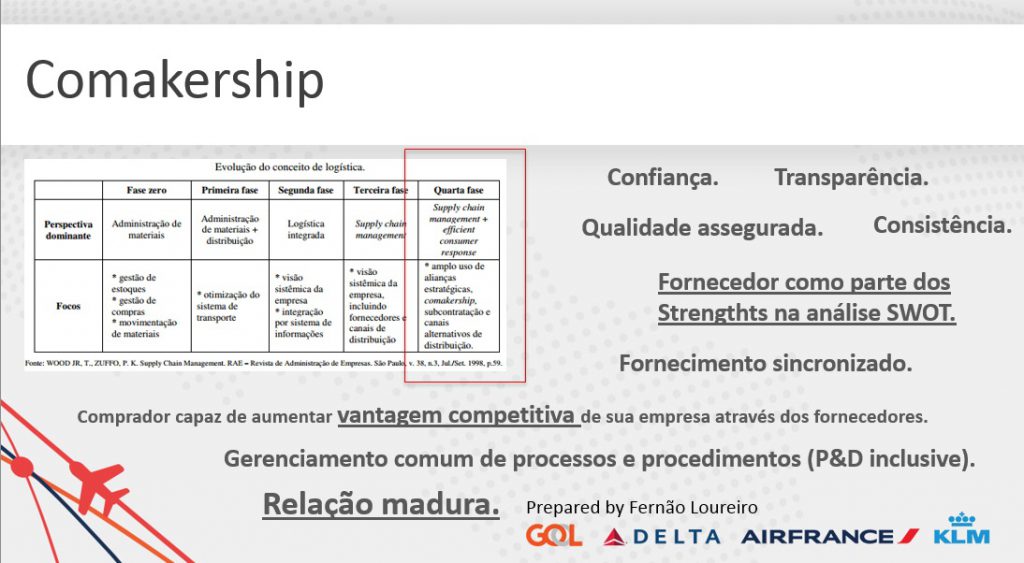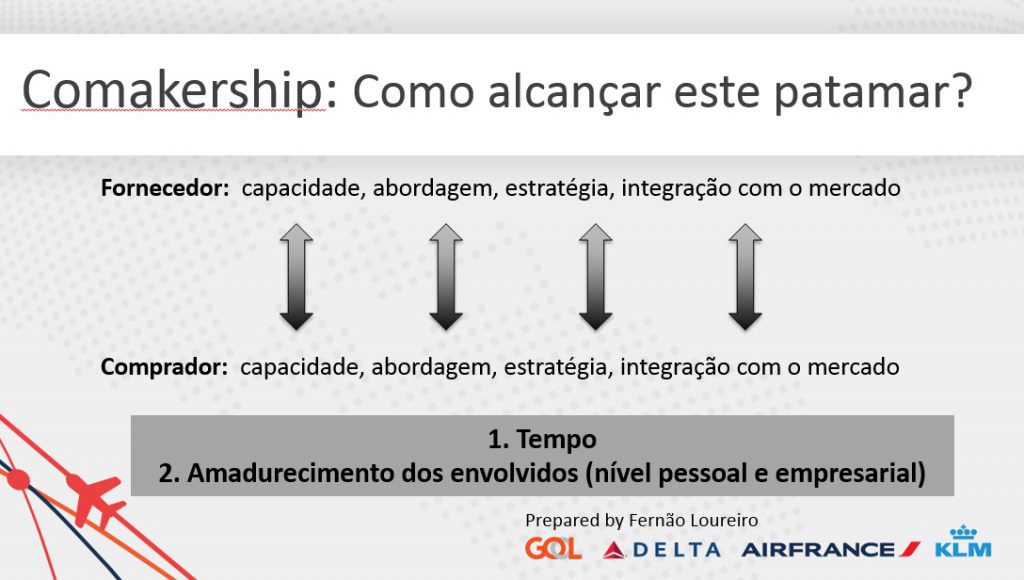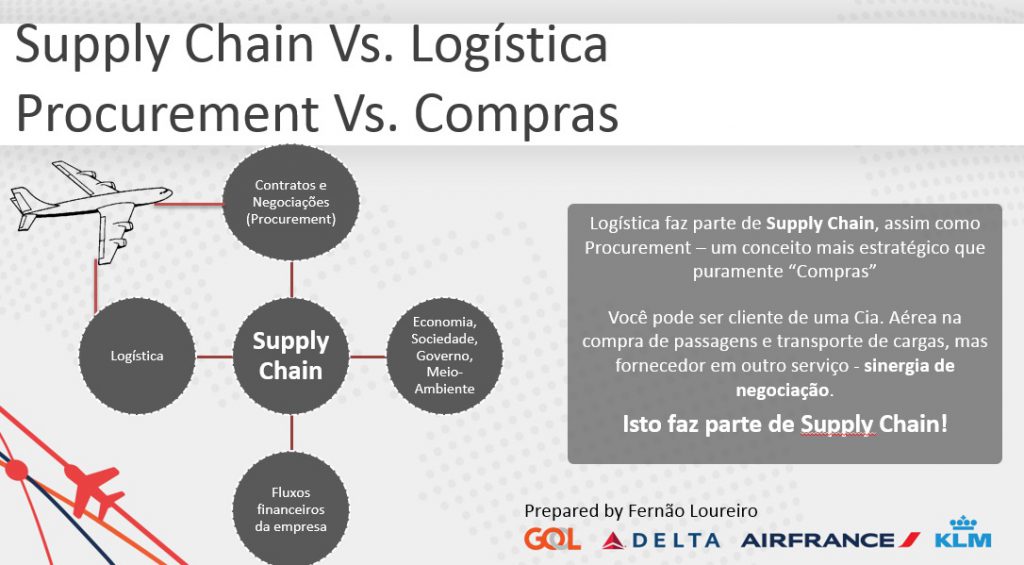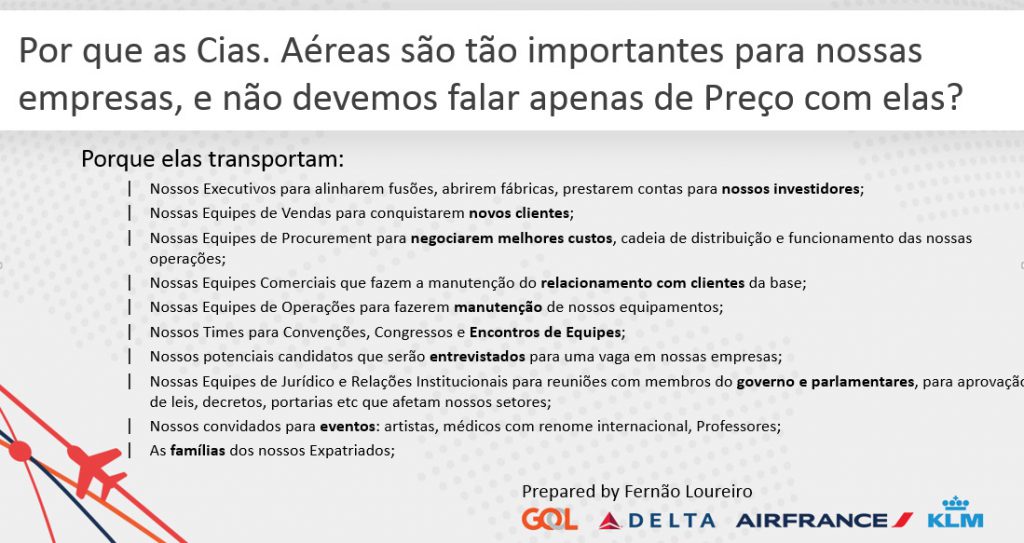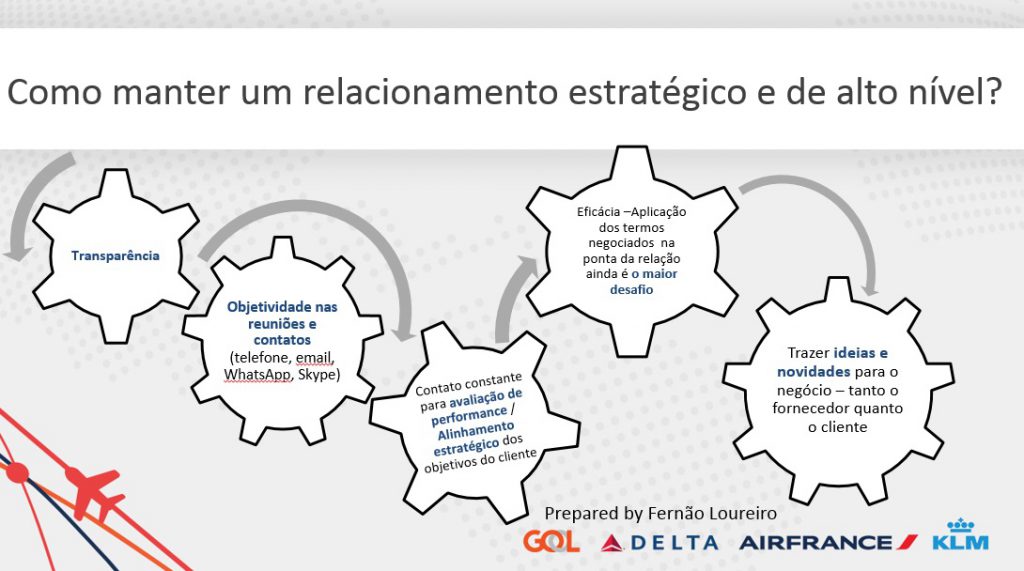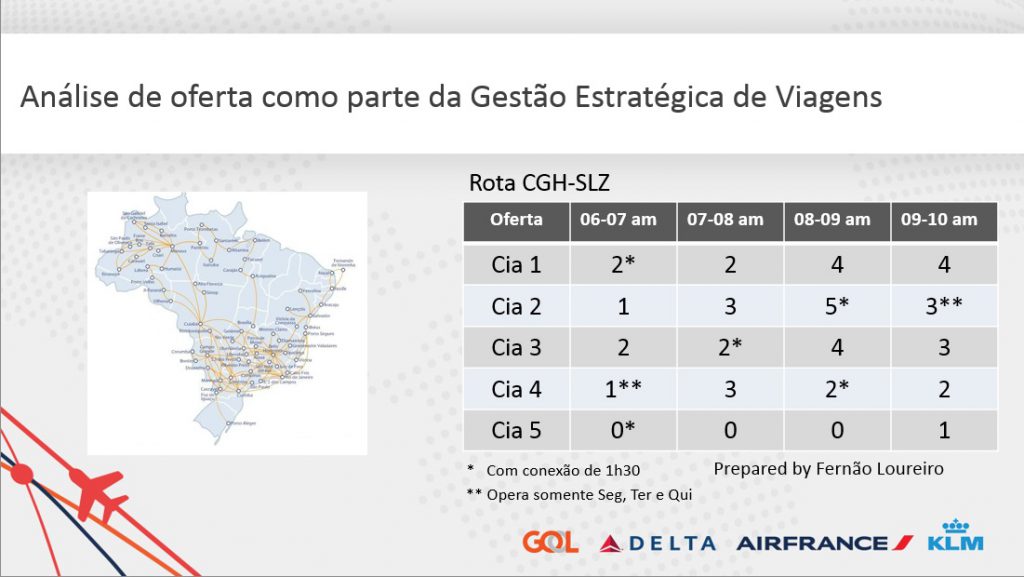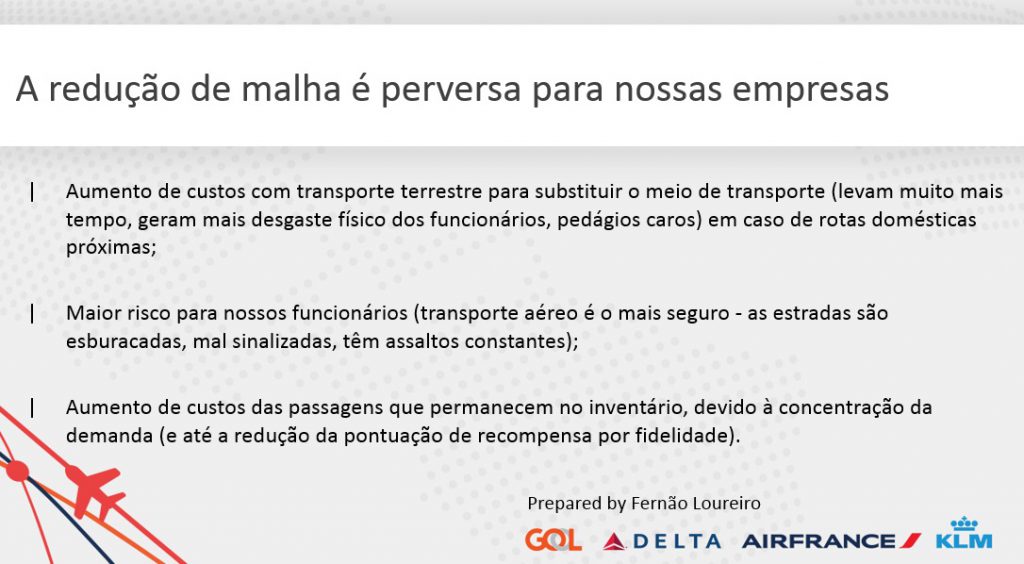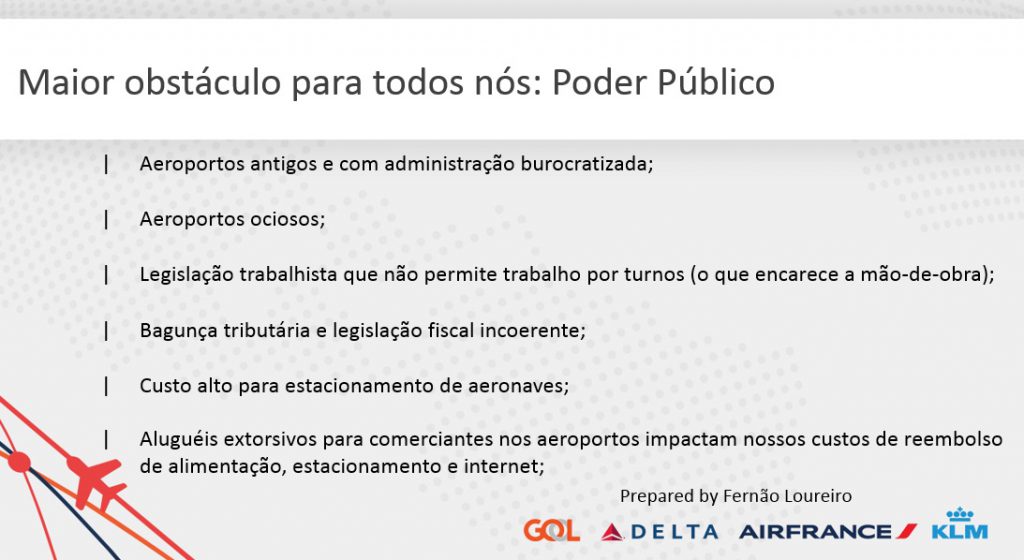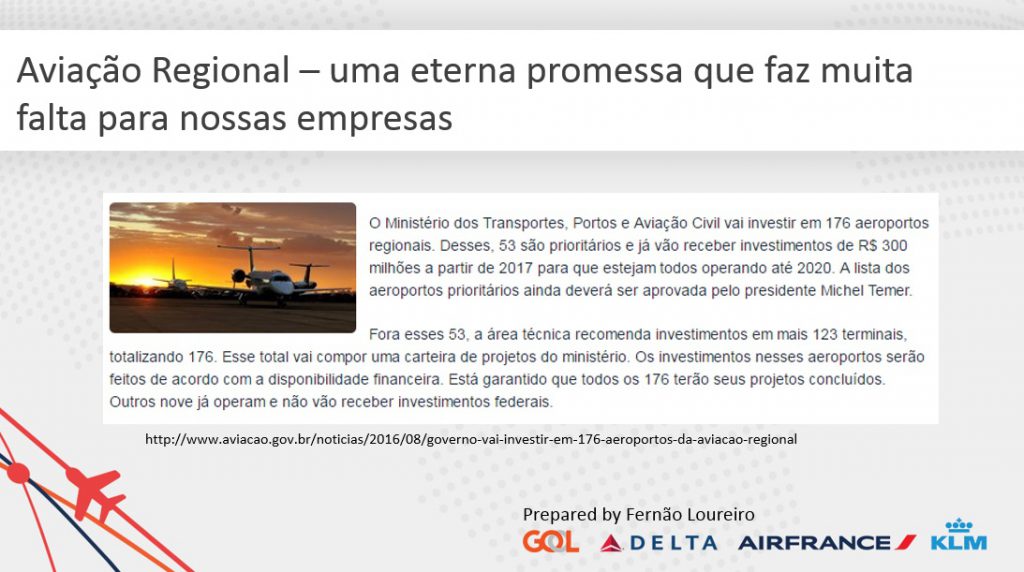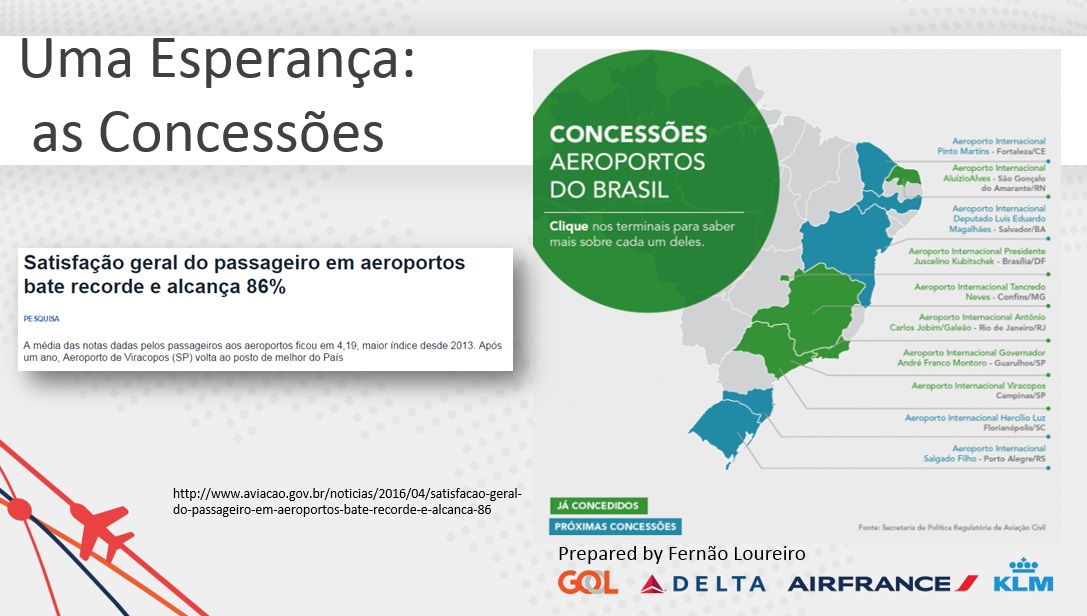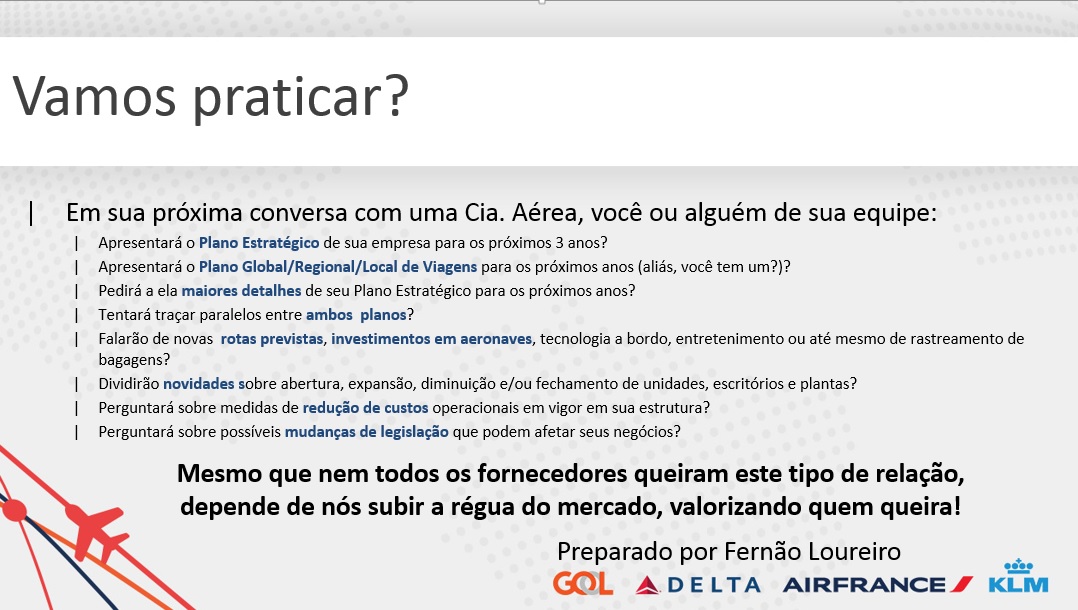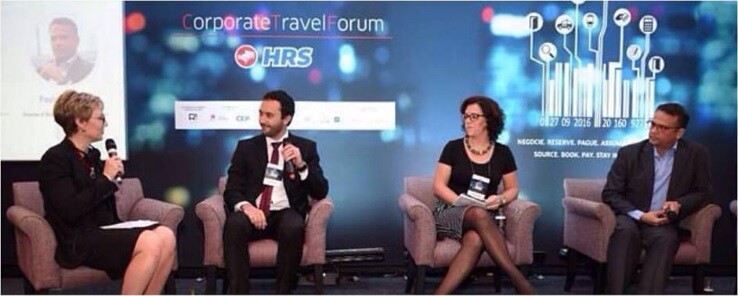Minha Entrevista para a TV Panrotas, no último dia 22/11/2016, e logo abaixo o Post (video not available in English)
Amigos Leitores,
Que ano! 2016 foi um furacão na vida da maioria de nós…. emocional, politica, profissional e olimpicamente 🙂 …. demos um show perante o mundo, comprovando uma frase que muito gosto – “a expectativa é mãe da frustração”. Ou seja, como pouco esperávamos da Olimpíada, muito ela nos surpreendeu positivamente.
O Brasil demitiu a Presidente da República, o da Câmara, e o do Senado deu uma banana para todos nós antes de passar no RH… o Rio prendeu 2 ex-Governadores, o Garotinho deu um show na maca digno de Oscar e conhecemos uma lista engraçadíssima de apelidos da Odebrecht para nossos políticos (Boca-Mole, Santo, Feio, Feia, Índio, etc).
Em Viagens e Eventos Corporativos, uma evolução enorme no nível dos eventos – pouco repetitivos, mais interessantes qualitativamente e com menos politicagem, camaradagem e oba-oba. Tecnologias pipocando por todos os lados, Gestores enlouquecendo com a absorção de novas tarefas, pressão pela otimização de custos e mudanças no tabuleiro de fornecedores. AirBnB, Uber, Omnibees, HRS, New Distribution Capability (NDC), Localiza comprando Hertz, Marriot comprando Starwood, Accor comprando OneFineStay, Azul com TAP e United, Governos e empresas implantando sistemas de Compra Direta e substituindo a TMC, a marca TAM sumindo de vez…. UFA…. e todos os nossos sistemas, TMCs e canais tendo que se adaptar a estas mudanças (sob a nossa batuta).
Há exato 1 ano atrás, postava sobre a Importância dos Consultores de Viagens e Eventos das TMCs…. pouca coisa mudou, mas percebo uma maior movimentação para qualificar, reciclar e preparar estes profissionais para o futuro. Estas coisas demandam tempo, mas o importante é não deixar de falar do assunto.
2017 promete ser tão ou mais agitado que este ano…. em 01/02 entra em vigor a nova estratégia comercial da LATAM Brasil, cobrança de bagagens à partir de Março, quando também teremos o Fórum Panrotas e o LACTE 12, cursos da GBTA em Goiânia e Fortaleza, Conferências da GBTA em São Paulo, Rio e Curitiba, II Fórum HRS em Setembro e II Connect Meeting da GOL/AF/KL/DL em Novembro. Já bloqueiem as agendas!
O CASE DA ASTRAZENECA / ORGANIZE UM SUPPLIER DAY VOCÊ TAMBÉM
A AstraZeneca desenvolveu uma ação bastante interessante recentemente que gostaria de dividir com vocês, obviamente com a prévia autorização da Gestora (Roberta Nonis).
Em um evento chamado “Boas práticas em Procurement – Eventos & Viagens”, Roberta e a equipe de Procurement reuniram em sua empresa todos os fornecedores – Cias. Aéreas, Redes Hoteleiras, Locadoras de Veículos, MMC (Meeting Management Companies) e TMCs – onde esclareceu na presença de todos a política de viagens e condições comerciais básicas de seus contratos – tarifas NET e Fee “On Demand” para Eventos.
A iniciativa foi muito bem-recebida e reconhecida pelos presentes, especialmente por conta da transparência que imprimiu às negociações da Astrazeneca (especialmente em Eventos), no relacionamento entre intermediário e fornecedores finais. Vale a pena copiar!
Aproveitando o ensejo, aqui em São Paulo é muito comum que nós Travel Managers organizemos eventos em nossas empresas com os principais fornecedores de viagens, oferecendo um espaço para que montem stands e recebam nossos viajantes e secretárias para esclarecer dúvidas e aproximá-los… é uma excelente maneira de engajá-los em nossa estratégia e programas de viagens e prestigiar nossos parceiros preferenciais. Sempre recebi relatos positivos tanto nas empresas onde os organizei, quanto dos colegas que também adotaram esta prática. Também vale a pena copiar!
P.S: Parabéns Roberta pelo Prêmio Caio 2016 – Categoria Cliente do Ano em Eventos!
VOCÊ SABIA QUE SUAS TARIFAS EXPEDIA/DECOLAR/BOOKING/TREND CHEGAM SEM IDENTIFICAÇÃO PARA OS HOTÉIS?
Pois é, meus caros…. as tarifas que selecionamos em nossos OBTs ou via nossas TMCs, cujo provedor (dono da tarifa) seja uma OTA, consolidadora, metabuscadora, etc chegam aos Hotéis sem a identificação de que são nossas, ainda que efetivadas através de nosso PCC. Pelo menos foi isso que ouvi na Convenção Nacional de Vendas da Rede Atlântica, onde fiz um workshop para mais de 60 pessoas. As tarifas da HRS pelo que sei aparecem com identificação de nossas empresas, mas não a destes outros canais.
Embora continuemos tendo visibilidade da produção através dos relatórios da TMC, dos cartões de crédito (para quem os tem) ou do próprio OBT, a prestação de serviço pode ficar comprometida (embora sejam realmente tarifas competitivas). Por quê? Porque o Hotel poderia resolver mais rapidamente o problema de um hóspede sabendo que ele é corporativo (devido relacionamento com sua empresa, ou até mesmo devido ao poder da marca de sua empresa caso não haja relacionamento comercial)… Poderia, por exemplo, colocá-lo em um andar mais “corporativo” (longe de famílias e crianças em férias correndo pelo corredor).
Aproveitando, vocês sabiam que a IHG (Intercontinental Hotel Group) adotou a resolução de não conceder mais pontuação em seu programa de fidelidade para tarifas de OTAs, metabuscadores, consolidadoras, etc? Particularmente, achei a decisão justa e inteligente – como se fosse uma tarifa promocional de Cia. Aérea, que também não pontua. Provavelmente uma tendência que as outras redes seguirão – então, fiquem atentos!
COMAKERSHIP – O QUE FALEI NO EVENTO DA GOL/AIR FRANCE/ KLM (CONNECT MEETING)
Pessoalmente, foi um marco de carreira fazer o Painel de abertura deste belo evento e receber o desafio de falar deste tema, o COMAKERSHIP. Abaixo compartilho alguns slides que apresentei no dia:
ENGLISH VERSION
Dear Readers,
What a year! 2016 was a hurricane in the life of most of us …. Emotional, political, professional and Olympically speaking J …. We gave a show to the world, proving a phrase that I like – “expectation is the mother of frustration”. That is, as we had little expectations about the Olympics, it surprised us very positively.
Brazil fired the President of the Republic, the Popular’s House President, and the Senate’s President gave “a banana” for all of us before passing in HR… Rio arrested 2 ex-Governors, Garotinho gave a show worthy of Oscar and we now know a funny list with nicknames of our politicians, prepared by Odebrecht (Boca-Mole, Santo, Feio, Feia, Índio, etc.).
In Corporate Travel & Events, a huge evolution in the level of events -less repetitive, more qualitatively interesting and with less politicking, camaraderie and party atmosphere. Technologies popping up on all sides, Travel Managers going crazy with the absorption of new tasks, pressure for cost optimization and changes in the supply chain. AirBnB, Uber, Omnibees, HRS, New Distribution Capability (NDC), Localiza buying Hertz, Marriot buying Starwood, Accor buying OneFineStay, Azul with TAP and United, Governments and companies deploying Direct Purchase systems and replacing TMCs, … WOW…. And all our systems, TMCs and channels having to adapt themselves to these changes (under our baton).
Exactly 1 year ago, I was posting on the Importance of the TMCs’ Travel and Events Consultants …. Little has changed, but I realize a greater movement to qualify, recycle and prepare these professionals for the future. These things take time, but the important is not to stop talking about it.
2017 promises to be as busy or busier than this year …. On February 1, LATAM Brasil’s new commercial strategy comes into force, baggage collection will begin in March, when we will also have the Panrotas Forum and LACTE 12. GBTA courses in Goiânia and Fortaleza, GBTA Conferences in São Paulo, Rio de Janeiro and Curitiba, II HRS Forum in September and II GOL / AF / KL / DL Connect Meeting in November. Already block your agendas!
THE ASTRAZENECA’s CASE / ORGANIZE A SUPPLIER DAY YOU ALSO
AstraZeneca has developed a very interesting action recently that I would like to share with you, obviously with the prior authorization of the Events & Travel Manager (Roberta Nonis).
In an event called “Good Practices in Procurement – Events & Travel”, Roberta and the Procurement team gathered in their company all suppliers – Airlines, Hotels, Car Rental Companies, MMC (Meeting Management Companies) and TMCs – where was clarified in the presence of all the travel policy and basic commercial terms of their contracts – NET rates and fares and Fee “On Demand” for Events.
The initiative was very well received and acknowledged by those present, especially because of the transparency it gave to the Astrazeneca negotiations (especially in Events) and the relationship between its intermediary and final suppliers. Worth to copy!
Taking advantage of the subject, here in São Paulo is very common for us Travel Managers to organize events in our companies with the main travel suppliers, offering a space for them to set up stands and receive our travelers and secretaries to clarify doubts and make them closer … it is an excellent way to engage them in our strategy and travel programs and to honor our preferred partners. I have always received positive reports both in the companies where I organized them and from the colleagues who also adopted this practice. Also worth copying!
P.S: Congratulations to Roberta for the Caio 2016 Award – Customer Events Category!
DID YOU KNOW THAT YOUR EXPEDIA / DECOLAR / BOOKING / TREND RATES ARRIVE WITHOUT IDENTIFICATION FOR HOTELS?
Yes, my friends …. The rates that we select in our OBTs or via our TMCs, whose provider (owner of the rate) is an OTA, consolidator, aggregator, etc. arrive at the Hotels without the identification of which company that traveler is from, even if booked through our PCC. At least that’s what I heard at the Atlantica Chain’s National Sales Convention, where I held a workshop for more than 60 people. HRS’s rates, as far as I know, appear with an identification of our companies, but not those of these other channels.
Although we continue to have production visibility through TMC, credit cards (for those who have them) or the OBT reports, service delivery can be compromised (although they are actually competitive rates). Why? Because the Hotel could more quickly solve the problem of a guest knowing that he is corporate (due to his relationship with his company, or even due to the power of the brand of his company if there is no business relationship) … Could, for example, allocate the traveler on a more “corporate” floor (away from families and kids on vacation running down the aisle).
Taking the chance, did you know that IHG (Intercontinental Hotel Group) has adopted the resolution not to award more punctuation in its loyalty program for OTAs, meta-searchers and consolidators rates, etc? In particular, I found the decision fair and intelligent – as if it was a promotional rate of an Airline, which also does not score. Probably a trend that other chains will follow – so stay tuned!
COMAKERSHIP – WHAT HAVE I PRESENTED ON THIS GOL/DELTA/AIR FRANCE-KLM EVENT
Unfortunately I haven’t been able to translate the slides on time, but please let me know if you would like to discuss it via Skype.

